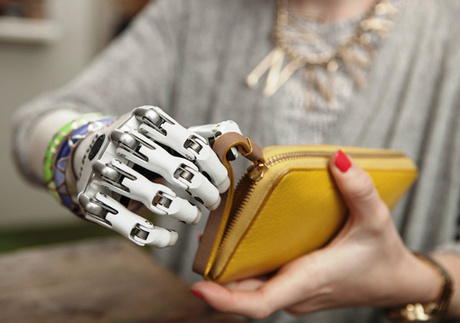Geek Weekly: Our top weird tech stories for 25 June 2015

Technology Decisions’ weekly wrap of IT fails, latest tech, new must-have gadgets, ‘computer says no’ moments and more.
No flying for you. Air travellers in Poland were forced to sit around and twiddle their thumbs while airline LOT recovered from a hack of its flight planning computers. Ten flights were cancelled and others delayed while the problem was solved.
And none for you either. At the other end of the world, air travellers in New Zealand also were forced to kill some time while engineers worked to restore air traffic control radars that were brought low by an ‘internal network failure’.
But at least you can get connected. And maybe some personalised service. That’s the forecast from aviation enterprise SITA, which predicts a near-future of ‘made to measure’ service being provided to the flying public: “… expect personalisation to more and more define the future of our industry. The key is to offer personalisation to passengers in a simple way that amazes rather than frustrates them.”
Oops, sorry, I didn’t mean to send that. Gmail has had a nifty ‘Send Undo’ feature for some time now, but it has been buried away in an experimental part of the service. Now, Google is making it a mainstream part of the Gmail service. It gives you up to 30 seconds to change your mind after clicking the send button.
Making a good fist of it. Check out this amazing robot hand from Bebionic. It can hold up to 45 kg, has 14 grip patterns and hand positions, and has 337 mechanical parts.
How AI agents will transform enterprise IT operations
Implementing AI agents requires careful consideration of where the technology fits, what risks it...
Who should take the lead in responsible AI?
The companies that treat responsible AI as a necessity today will be the ones defining the...
Why there's no efficient automation without integration
It's not enough for organisations to simply use AI: they must leverage it in a way that...




